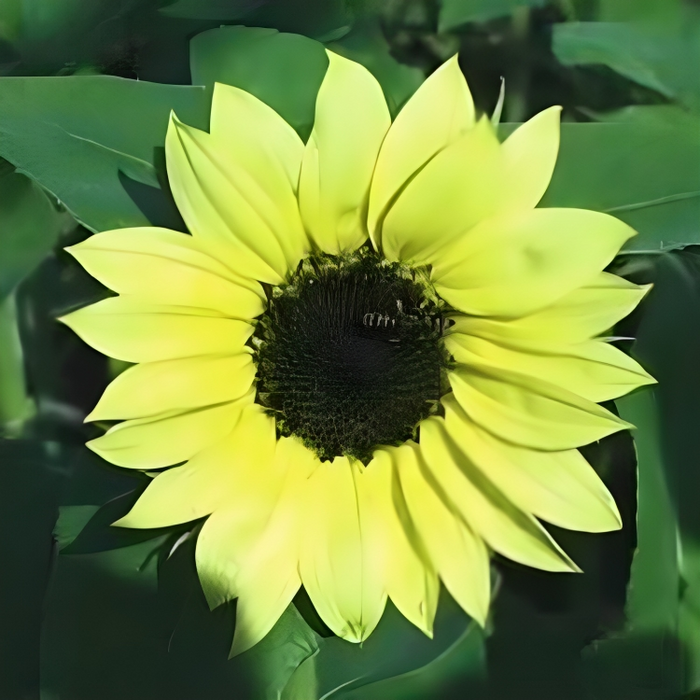
Helianthus Annuus Flower Seeds
Save 50%
Original price
$10.00
Original price
$10.00
-
Original price
$10.00
Original price
$10.00
Current price
$4.99
$4.99
-
$4.99
Current price
$4.99
Enjoy the stunning blooms with these Helianthus Annuus Flower Seeds. The bloom time of these tanned flowers spans from summer to fall, ensuring a prolonged display of nature's beauty in your garden. These flowers are versatile when it comes to light requirements, flourishing under both full sun and partial shade conditions.
Details:
- Produces striking pale lemon yellow flowers measuring approximately 6 inches across, each with a rich, dark brown center for eye-catching contrast in garden beds.
- Seeds can be sown directly outdoors after the last frost or started indoors several weeks prior to the final frost date for an earlier start.
- Bloom time extends from summer through fall, offering long-lasting seasonal color and interest across multiple months.
- Mature plants reach a height of around 48 inches, making them suitable for mid to back borders in flower gardens.
- Requires spacing of 18 to 24 inches between plants to ensure proper growth, airflow, and visual impact.
- Prefers full sun but tolerates partial shade, adapting well to most light conditions in open garden areas.
- Grows best in average soil conditions with moderate watering, making it a manageable choice for a variety of garden settings.
- Each pack includes 25 seeds, ideal for planting in rows, clusters, or mixed arrangements.


